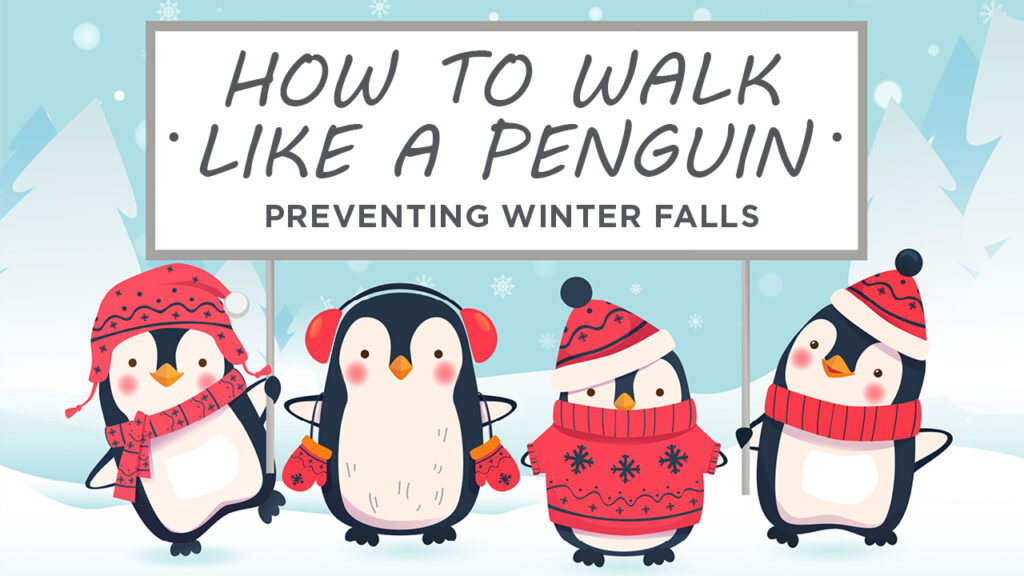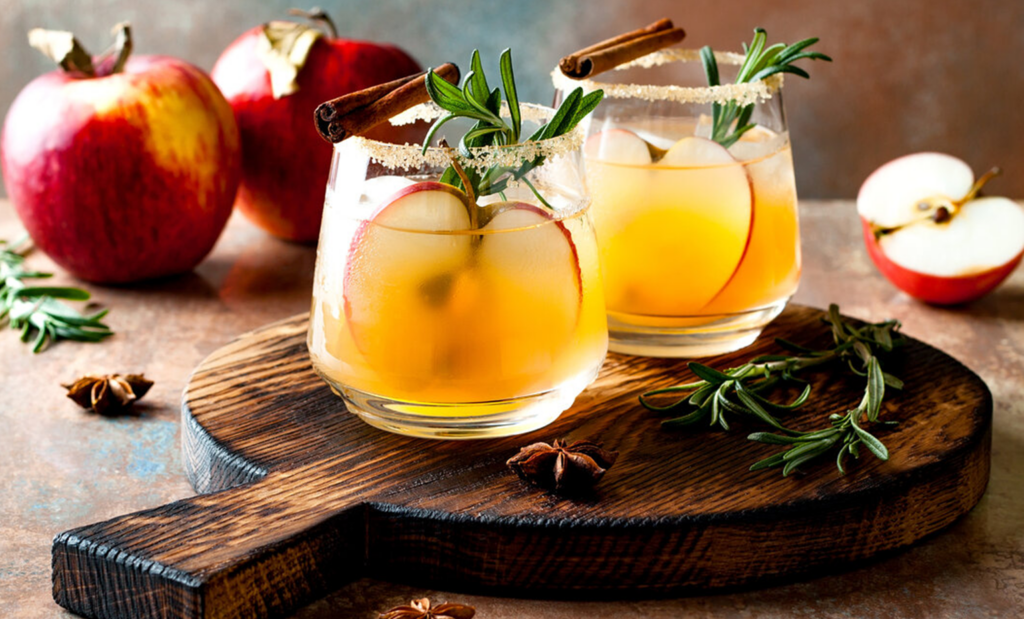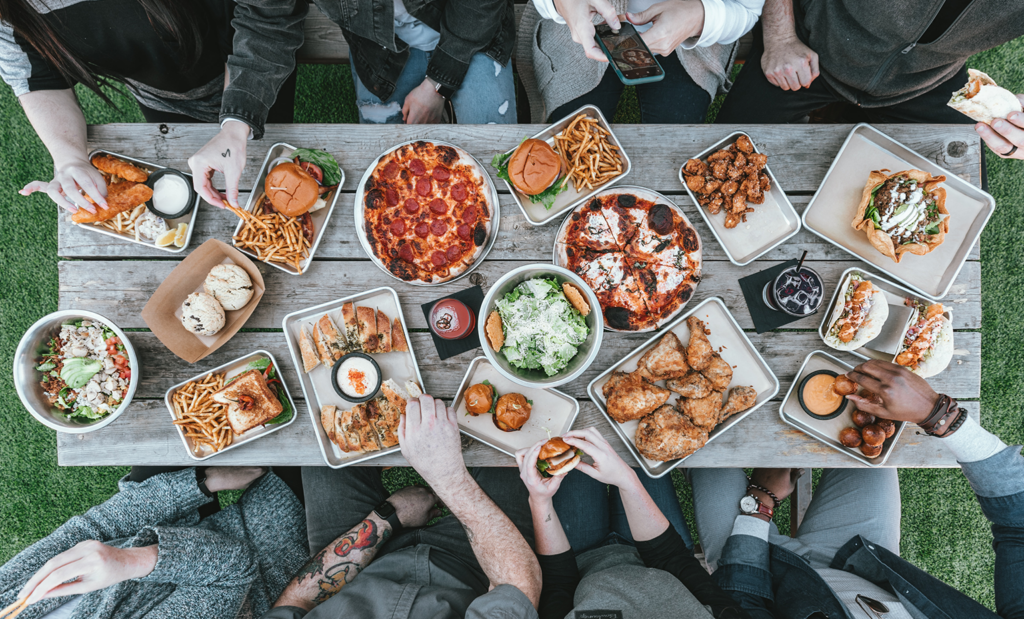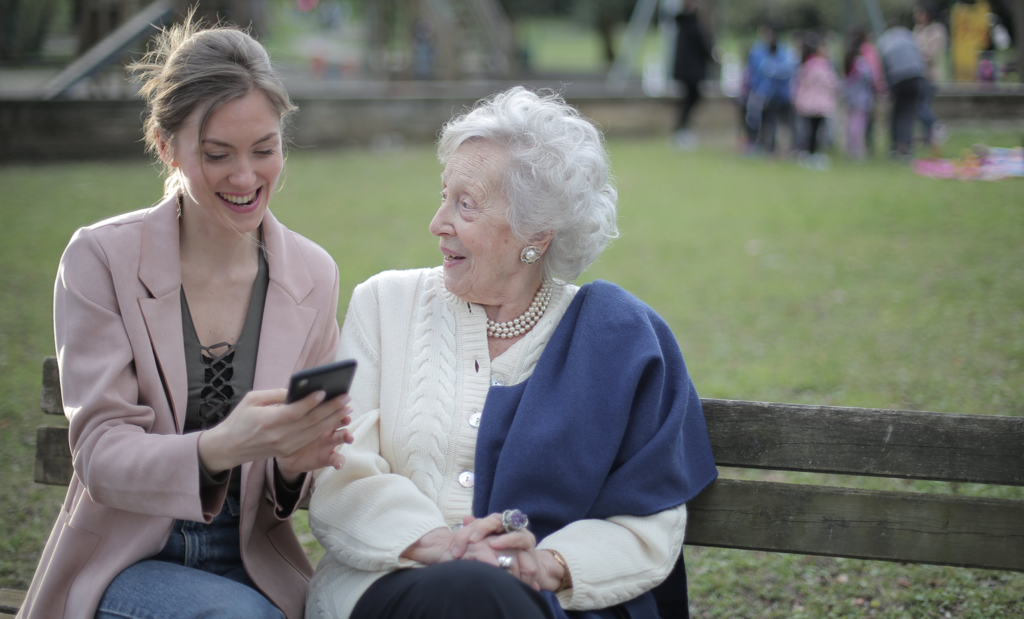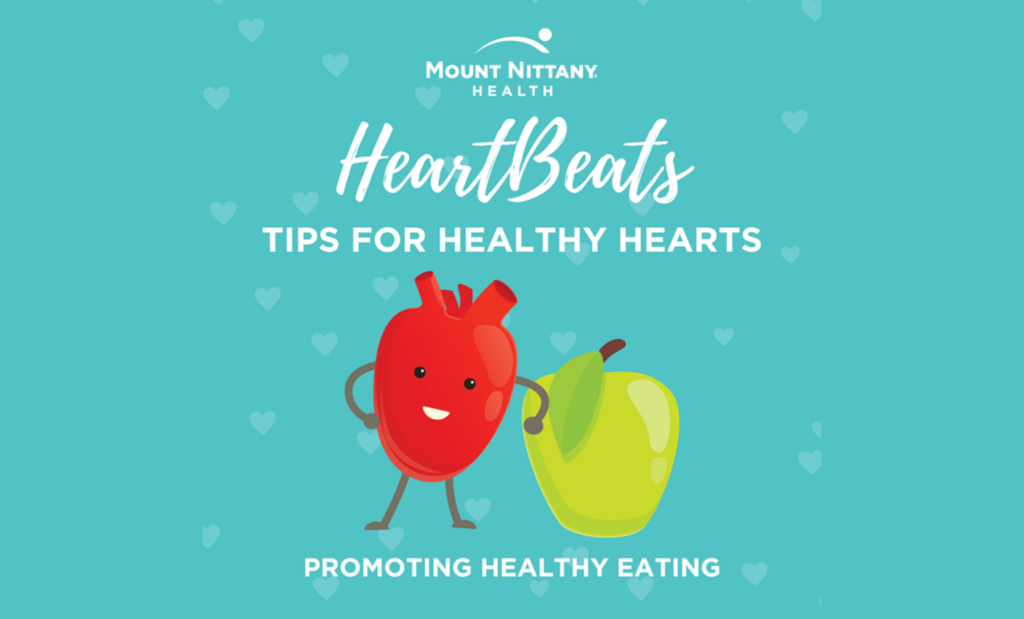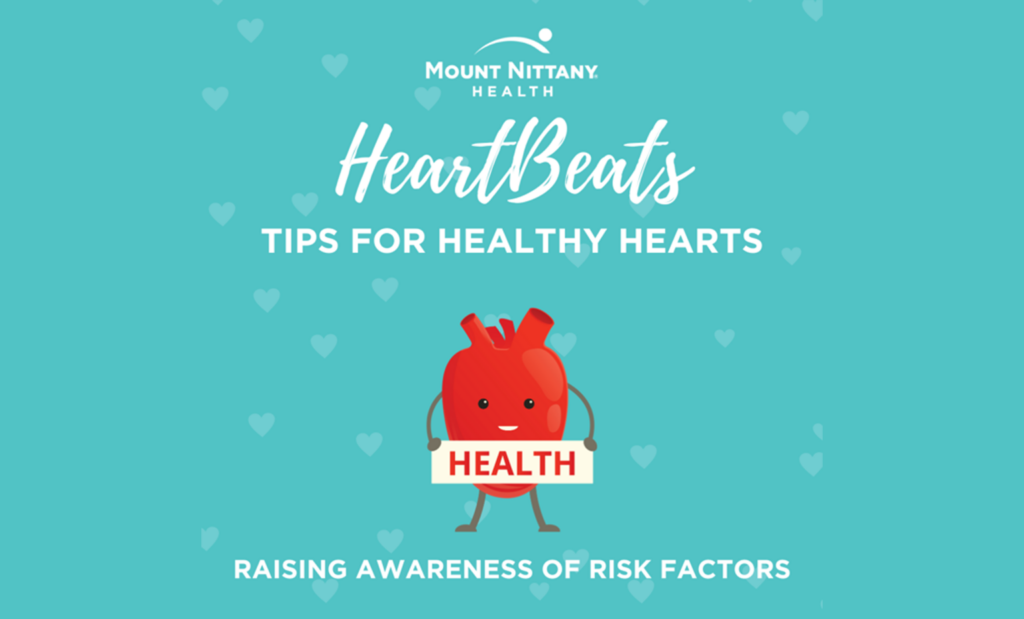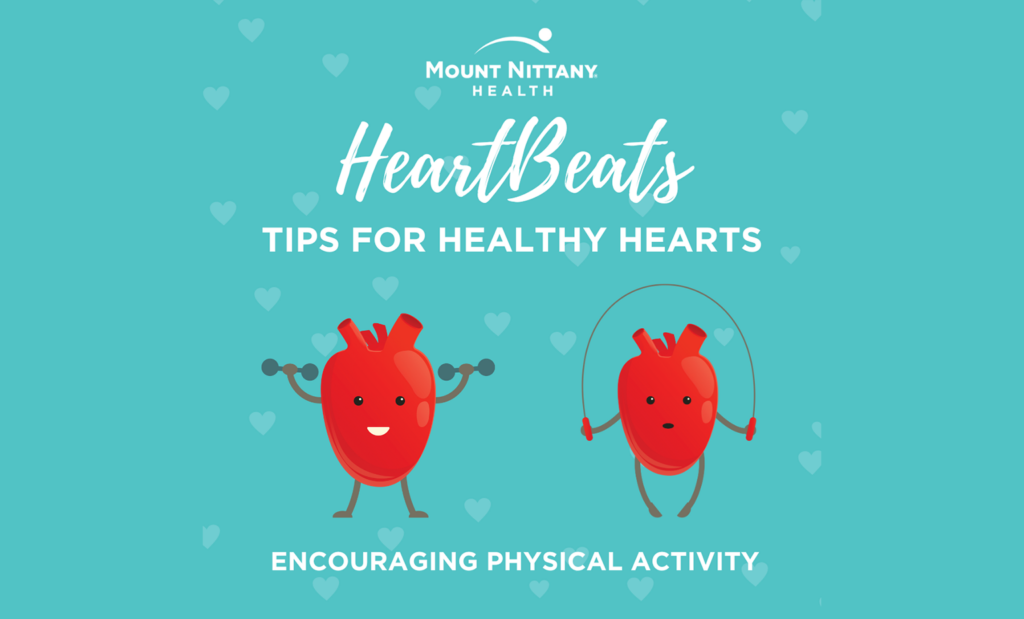Health and Wellness
Stay Safe and Walk Like a Penguin with Mount Nittany Health and the Penn State Curling Team!
The cold winter months can be bleak and unrelenting. Old Man Winter has already reared his ugly head this season causing cold, snowy, blustery and icy conditions. While a landscape coated in a fresh blanket of snow can be very beautiful, it can also be extremely dangerous, and even deadly.
